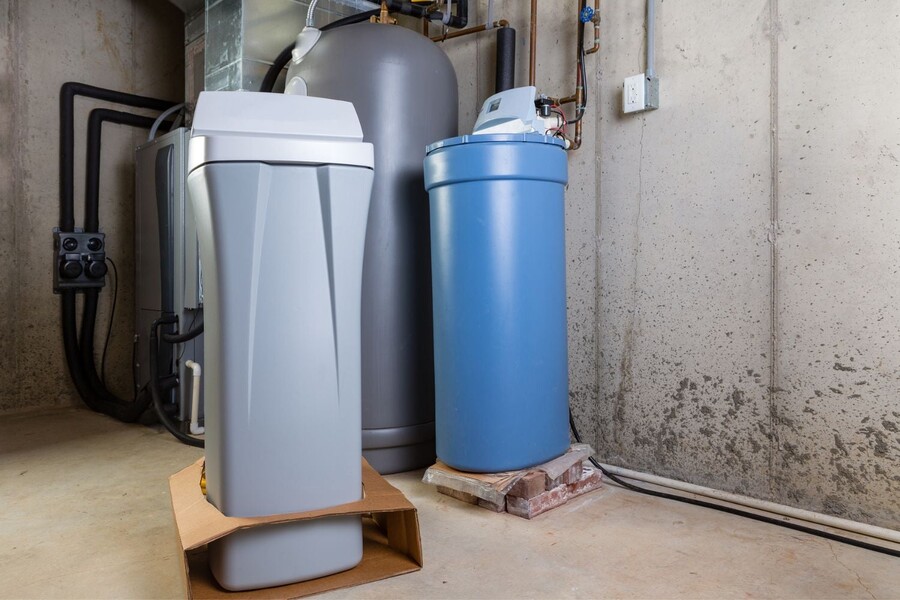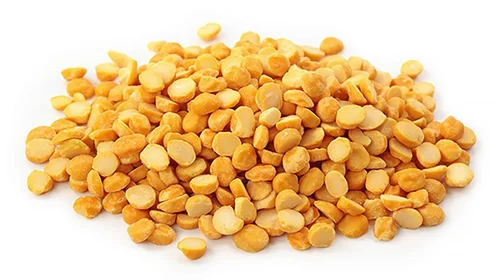Water is the essence of life, flowing through our homes and quenching our thirst. But what if I told you that the water in your house could be causing more harm than good? That’s where a water softener for house comes into play. In this comprehensive guide, we’ll explore everything you need to know about water softeners for your home, from their benefits to installation, maintenance, and more.
Introduction: Understanding the Need for a Water Softener
Water hardness is a common issue in many households. But what exactly is it? Let’s start with the basics.
What is Water Hardness?
Water hardness is a measure of the concentration of minerals, primarily calcium and magnesium, dissolved in your water supply. The higher the concentration, the harder the water.
Answer: Hard water can lead to various problems, including limescale buildup, decreased soap effectiveness, and appliance damage. To combat these issues, many homeowners turn to water softeners.
Why Do You Need a Water Softener for Your House?
The benefits of having a water softener in your home are numerous, and they go beyond just improving the taste of your tap water.
Benefits of Using a Water Softener
- Scale Prevention: Water softeners prevent the buildup of limescale in your pipes and appliances, extending their lifespan.
- Softer Skin and Hair: Softened water can leave your skin and hair feeling smoother and less dry.
- Better Soap Efficiency: Soaps and detergents lather more effectively in soft water, leading to cleaner dishes, laundry, and body wash.
- Appliance Longevity: Water softeners can prolong the life of your water-dependent appliances like washing machines and dishwashers.
- Energy Efficiency: With reduced limescale, your water heater can operate more efficiently, potentially saving you money on energy bills.
Choosing the Right Water Softener for Your House
Now that you understand the advantages of having a water softener, it’s time to explore the options available for your home.
Types of Water Softeners
There are several types of water softeners to choose from, each with its unique features.
| Type | Description |
|---|---|
| Salt-Based Ion-Exchange | This traditional method swaps calcium and magnesium ions for sodium ions, effectively softening the water. |
| Salt-Free Water Conditioners | These systems don’t remove minerals but prevent them from forming scale buildup, making them a maintenance-friendly option. |
| Dual-Tank Water Softeners | Ideal for larger households, these systems ensure uninterrupted soft water by using two tanks that alternate regeneration cycles. |
| Magnetic or Electronic Descalers | These devices claim to soften water by altering the mineral structure electromagnetically, but their effectiveness is a subject of debate. |
Calculating Your Water Softening Needs
To determine the right water softener size for your house, you’ll need to consider factors such as water hardness, household size, and daily water usage.
Answer: To calculate the capacity you need, multiply the hardness level (in grains per gallon) by the daily water consumption. This will give you the minimum capacity required to soften your water effectively.
Installing a Water Softener: DIY or Professional Help?
Once you’ve selected the right water softener, the next step is installation. Should you go the DIY route or seek professional assistance?
DIY Installation
Installing a water softener yourself can be a cost-effective option if you have some plumbing skills. Here are the general steps:
- Shut Off Water Supply: Turn off the main water supply to your house.
- Find a Suitable Location: Choose a dry, level area near the water supply line to install the softener.
- Connect the Pipes: Follow the manufacturer’s instructions to connect the inlet and outlet pipes to the softener.
- Add Salt or Resin: Depending on the type of softener, add salt or resin to the tank.
- Regeneration Settings: Set the regeneration timer according to your water usage.
- Flush the System: Turn on the water supply and flush the system to remove any air pockets.
- Check for Leaks: Inspect for any leaks and make necessary adjustments.
Professional Installation
If you’re unsure about your plumbing skills or simply prefer a hassle-free installation, hiring a professional plumber is the way to go. They will ensure that your water softener is correctly installed and optimized for your specific needs.
Maintaining Your Water Softener for House
Like any household appliance, water softeners require regular maintenance to keep them running efficiently.
Maintenance Tasks
- Salt or Resin Refill: For salt-based systems, keep an eye on salt levels and replenish them as needed. In salt-free systems, ensure the resin tank is functioning correctly.
- Cleaning the Brine Tank: Periodically clean the brine tank to remove any residue or debris.
- Check for Salt Bridges: Salt bridges are hardened layers of salt that can form in the tank. Break them up to maintain proper salt distribution.
- Inspect for Leaks: Regularly check for any leaks in the plumbing or tank.
- Adjust Regeneration Settings: If your water usage changes, adjust the regeneration settings accordingly to optimize efficiency.
FAQs About Water Softeners for House
1. How Do I Know If I Have Hard Water?
Hard water often leaves behind limescale deposits on faucets and showerheads. You can also purchase a water hardness test kit or have your water tested by a professional.
2. Can a Water Softener Make Water Too Soft?
While extremely soft water may not be suitable for drinking due to its high sodium content in salt-based systems, it is generally safe for all household uses.
3. How Long Does a Water Softener Last?
The lifespan of a water softener varies but typically ranges from 10 to 20 years, depending on the quality and maintenance.
4. Do Salt-Free Water Softeners Work as Well as Salt-Based Ones?
Salt-free water conditioners are effective at preventing scale buildup but do not actually remove minerals from the water. Salt-based systems offer more comprehensive softening.
5. Is Softened Water Safe to Drink?
Softened water is safe for most people to drink. However, individuals on a sodium-restricted diet should consider alternatives, such as a water filtration system.
Conclusion: Embrace Softer, Better Water in Your Home
Incorporating a water softener for your house is a wise investment in your home’s water quality and the longevity of your appliances. Say goodbye to limescale and hello to softer skin, cleaner dishes, and a more efficient home. Whether you choose a salt-based or salt-free system, proper installation and maintenance are the keys to reaping the benefits of softened water. Don’t wait; take the plunge into a world of better water quality today!
Remember, when it comes to water softeners, the right choice can transform your daily life. So, make an informed decision and enjoy the many advantages of having a water softener in your house.




